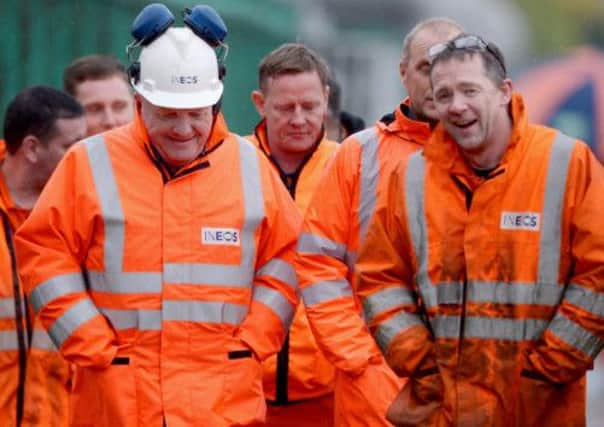Grangemouth analysis: Steps that must be taken


The first step is to make it a legal obligation upon both management and union in such cases to be subject to compulsory arbitration to settle disputes. An independent third party like the Advisory, Conciliation and Arbitration (ACAS) would take submissions from both sides and make its judgment.
The second step is that the government has to exercise some control over the likes of Ineos. This could take the form of a government appointee on boards of directors who can wield the power of veto on important business decisions.
Advertisement
Hide AdAdvertisement
Hide AdThe third is to compel all medium and large companies to have a system of worker directors and works councils like that which exist in many European countries.
• Gregor Gall is professor of industrial relations at the University of Bradford